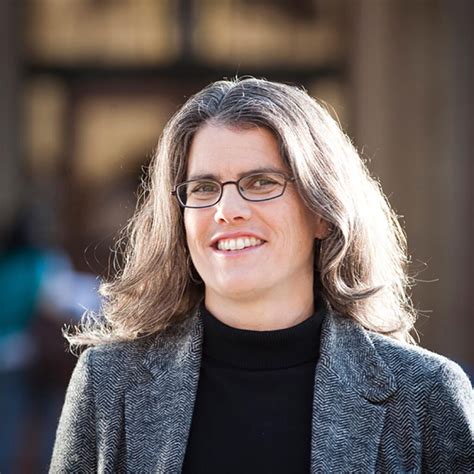A Quote by Sol Wachtler
You can, if you wish, think of it like the universe: Each case is a sun, and all the judges, lawyers and administrative personnel represent planets revolving around the case in fixed orbit, never getting closer.
Related Quotes
I'm a common law judge. I believe in deciding every case on its facts, not on a legal philosophy. And I believe in deciding each case in the most limited way possible, because common law judges have a firm belief that the best development of the law is the one that lets society show you the next step, and that next step is in the new facts that each case presents.
Good judges are always open to the possibility of changing their minds based on the next brief that they read, or the next argument that's made by an attorney who's appearing before them, or a comment that is made by a colleague during the conference on the case when the judges privately discuss the case.
I would go to trials a lot in Boston, as best I could. And it's incredible that, like, lawyers that had a good case weren't dramatic at all. Lawyers that had a horrible case would sing and dance and do whatever it took to convince the jury or the judge that this guy was innocent. So that was a cool thing to see because that made me believe that what the script [of From The Hip] was doing was totally believable. Now, maybe not ordinary. But it could happen.
The universe has really never made things in ones. The Earth is special and everything else is different? No, we’ve got seven other planets. The sun? No, the sun is one of those dots in the night sky. The Milky Way? No, it’s one of a hundred billion galaxies. And the universe - maybe it’s countless other universes.
































